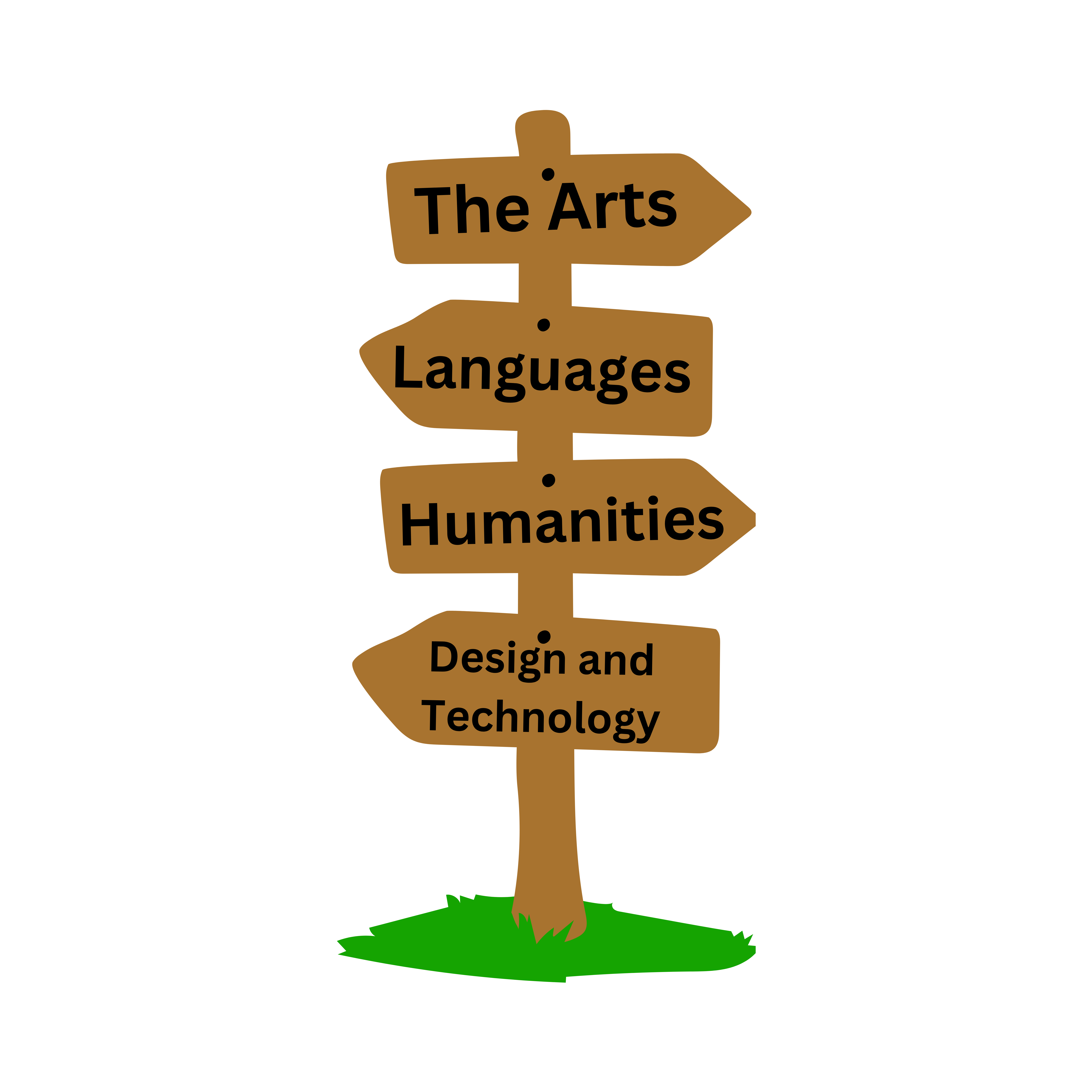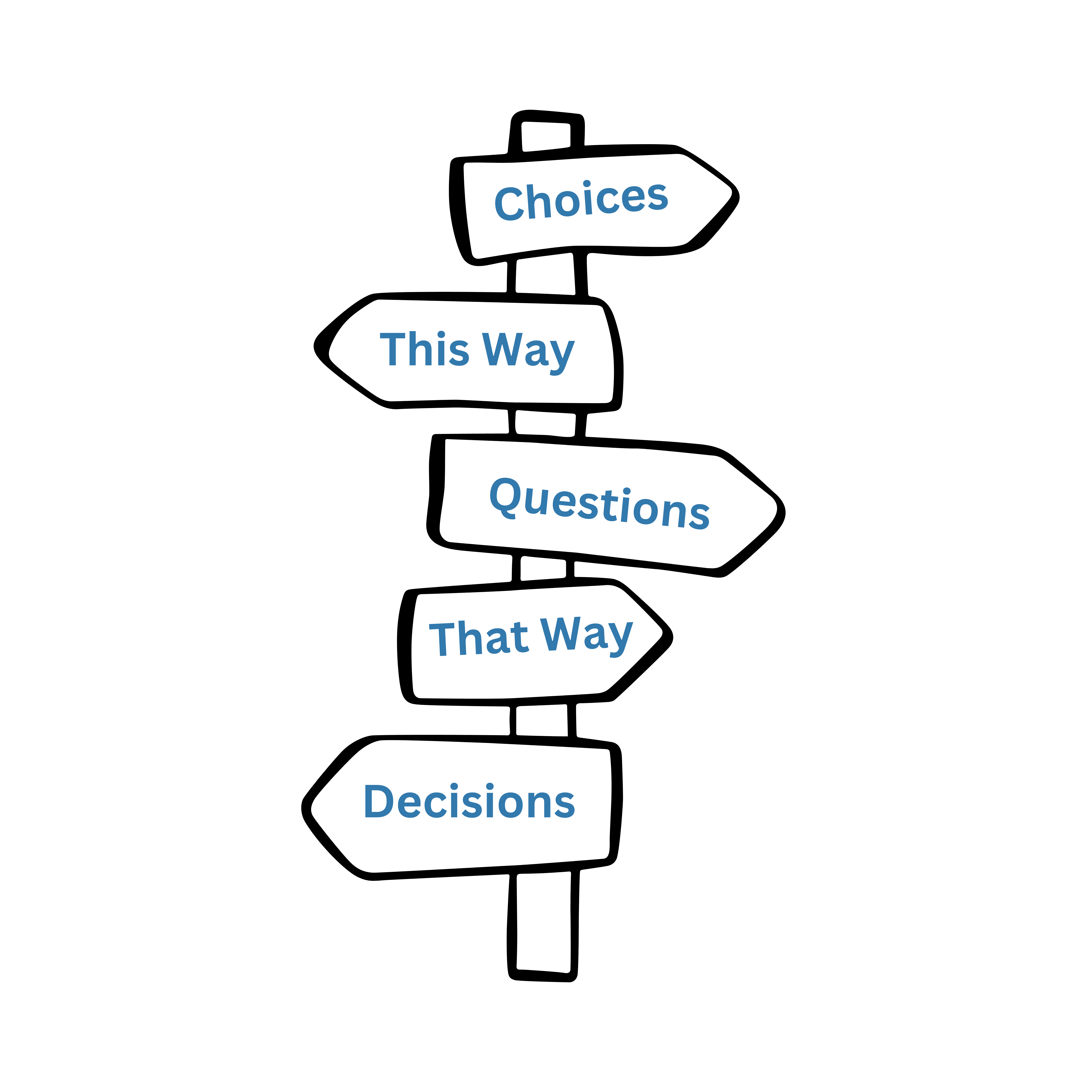Join me...
GCSE Options – A Student’s Guide
Hi,
I’m Alix and it’s my mission to help as many of the next generation as possible work in jobs that meet their passion and purpose, making them happy and fulfilled adults. Taking them by the hand to provide support with hints and tips along the way.
With no support myself as I faced choosing my options, and no guidance on the choices ahead of me after that, I know that my life would have been very different if some kind of mentor had been around. Now I want to offer advice on what to think about as you face these crossroads. Be a ‘virtual mentor’ if you need any kind of support.
Join me (ie grab a snack!) in making sure you make the right decisions for you, taking the first steps on the path that will take you to the job that you love to get up for in the morning, keen to start…

Key Stage 4…
Reaching Key Stage 4, you stand at a crossroads where the National Curriculum lays out a choice of subjects from which you choose at least one subject, while ditching some of the others.

Selecting the right GCSE options for you is a crucial decision that can shape your future learning, career path and, ultimately, fulfil your dreams and aspirations as an adult.
So, with the choices laid out in front of you, it’s important to consider several different factors.
This article will give you an idea of what to consider so that you choose the best options for you and your future, ensuring you get the best education and opportunities, while keeping them manageable to protect your mental health. I trust it will also make you realise that following friends rather than looking at you alone, is the right way forward.
Crossroads…
The facts. You stand at a crossroads where the National Curriculum lays out the following choice of subjects:

The arts – art, design, music, drama

Design and technology – DT, graphics, cooking and nutrition

Humanities – combined humanities, history, geography, religious education

Languages – French, German, Spanish, Mandarin Chinese

It can seem overwhelming to make such an important choice at such a young age, but in my book ‘I am Choosing my Options’ I explain how identifying your passion and purpose will lead you to the path of your highest potential. Ask if your school has a copy in the library as it goes into a lot of detail to provide help.
Note: With no support myself, I had no idea how to go about making such a choice. The school simply handed me a sheet of paper on which I had to tick which I was choosing. No one discussed it with me, or guided me, or even explained how important it was. Simply I was clueless. I didn’t even know I should ask for help – that’s how clueless I was!
But you have me, you have my experience (ie knowledge learnt since then) and I will give you as much support as I can.
Evaluating your personal Interests…
By evaluating your personal interests, identifying which subjects stimulate you, capture your curiosity and fit in with your passion and purpose and abilities, you can align with the long-term goal of choosing the right path for your eventual career.
If you don’t know why you need goals or fully grasp what they can do for you, or perhaps not know how to set them in the first place, read my article on goals, imaginatively called ‘Why, How and What Happens When you Set Goals’.

Reflect on strengths…
Firstly, reflect on your strengths. Excelling in a subject you enjoy can boost motivation and overall performance. These are lessons you enjoy because you’re keen to learn more about it, that is, more than other lessons. The lessons where you do not fear getting a result because your interest makes what you learn easier.
It’s not about avoiding the challenge of having to work hard, however, with the amount of learning, along with the homework expected of you over the next couple of years, choosing a subject you struggle with now - or simply hate - is not going to be an advantage.

Research career requirements and/or university…
Careers may need a certain pass grade before you’re able to take the next step after GCSEs, that is, apprenticeships, going to college or, later, university.
If you know what career path interests you (currently), going into a subject that you know will hold your attention will help in achieving those grades. And researching these grades early on can help you make an informed decision to ensure you’re on the right path. For instance, if you want to be a vet, you will need to plan for meeting the grades for college/university. If you and your teachers know you can achieve the grades, even with head-down hard work, that’s a great step forward.

Seek guidance from parents, teachers and counsellors…
Talk to your parents and discuss subjects with your teachers and school counsellors who can provide valuable insights and advice.
They possess knowledge about you, the subjects available and potential career paths. They might already know the type of job that’s right for you. They will also be much more aware of careers out there – I mean, have you ever thought about being a marine biologist, or an explorer?
Their guidance can help you make the right decisions based on the strengths and the aspirations they see in you.
And, please remember, that any less than brilliant comments they make are only being shared with you so that you take them into account. Try never to see criticism as negative, but a chance to either address the points, or so that, in this case, you can review your options with them. As an extreme example, for instance, if you want to be a mountaineer and your PE teacher has noticed a fear of heights, mountaineering may not be the right road for you!

Balance core and elective subjects…
Striving for a balance between the core subjects which are still compulsory, ie you still have to study them: English, Mathematics and Science and your selected subject(s), the ones you choose to continue with, will broaden your knowledge base while also fulfilling your passion.
Core subjects are essential for a well-rounded education and will give you skills you’ll need daily, while your choice allows you to explore your specific interests.

Keep future options open…
If you’re unsure, or your passions are wide-ranging, choose a combination of subjects that keeps your future options open.
Opting for a broad range of subjects can provide flexibility in university applications and potential career paths. Just think about what studying geography could open your mind to.

Consider the long-term benefits and transferable skills each subject offers:

Analytical (analytical: relating to or using analysis or logical reasoning) and problem-solving skills gained from subjects like Mathematics or Sciences can be valuable in various careers;

Languages can enhance communication skills and cultural understanding;

While arts and humanities develop creativity and critical thinking.
Considering subjects that are highly regarded by universities and offer transferable skills valued in many industries will keep many doors open for you.
Be open to new subjects…
Don’t be afraid to look outside your comfort zone and consider subjects you haven’t previously explored. This is an opportunity to broaden your horizons and discover new talents and interests.
Research the syllabus to see what’s on offer. Perhaps your school offers taster sessions for you to attend and take a view on?

Workload and your personal abilities…
Assess the workload and demands of each subject.
Some subjects may appear ‘easy’, ie art and physical education, however, these are more than just painting or playing football or volleyball and can require more coursework, projects, or practical assessments than maybe you’re expecting.

It’s critical to balance your capabilities and time management to ensure you can excel in each subject while maintaining a healthy work-life balance. Another reason to be studying a subject you’re keen to learn more about. The whole course will be much more enjoyable when you’re excited to go into the classroom.
And, if you need assistance with time management, read my article imaginatively called ‘Mastering Time Management’.
Review past performance and feedback…
Take into account your past academic performance and feedback from teachers.
Look at past reports. Reading the small print can reveal more about your character than just exam grades.
Note: when I read back over my past reports, I noticed that every subject mentioned that I was always the first to put my hand up when a teacher asked for help. It was a clear indication that a supportive kind of career would have suited me – kinda like I’m working towards here in giving you support!

Reflect on subjects where you have demonstrated strengths and areas for improvement. Where areas for improvement come up, are these surmountable?
This can help you make informed decisions, ie the right ones for you, by focusing on subjects where you have potential for growth and success. Not about avoiding challenges, but these should not be crushing.
Also, do you have a particular dislike for a teacher who may be teaching the course you are considering? If so, how serious is this? Learning from someone you don’t respect could add to daily stress and with exams imminent, you don’t need to be worrying about this aspect if it’s avoidable.
Conclusion…
Choosing the best GCSEs for you is an important step towards building a solid foundation for your future career success.
By evaluating your personal interests, researching university and career requirements, seeking guidance, balancing core and selected subjects, considering long-term benefits, being open to new subjects, keeping options open, assessing workload and personal abilities, and reviewing past performance, you will make an informed decision.
Remember, it’s crucial to select options that align with your passions, provide a well-rounded education, and pave the way for your future growth and opportunities. All these will lead you on the path to your happy and successful career, making you a fulfilled adult.

I’d love to hear how you’re getting on and, where possible, if we can help more.
Lastly, I wanted to both wish you luck and say that I know you can do it.
Success is within your grasp - good luck!
